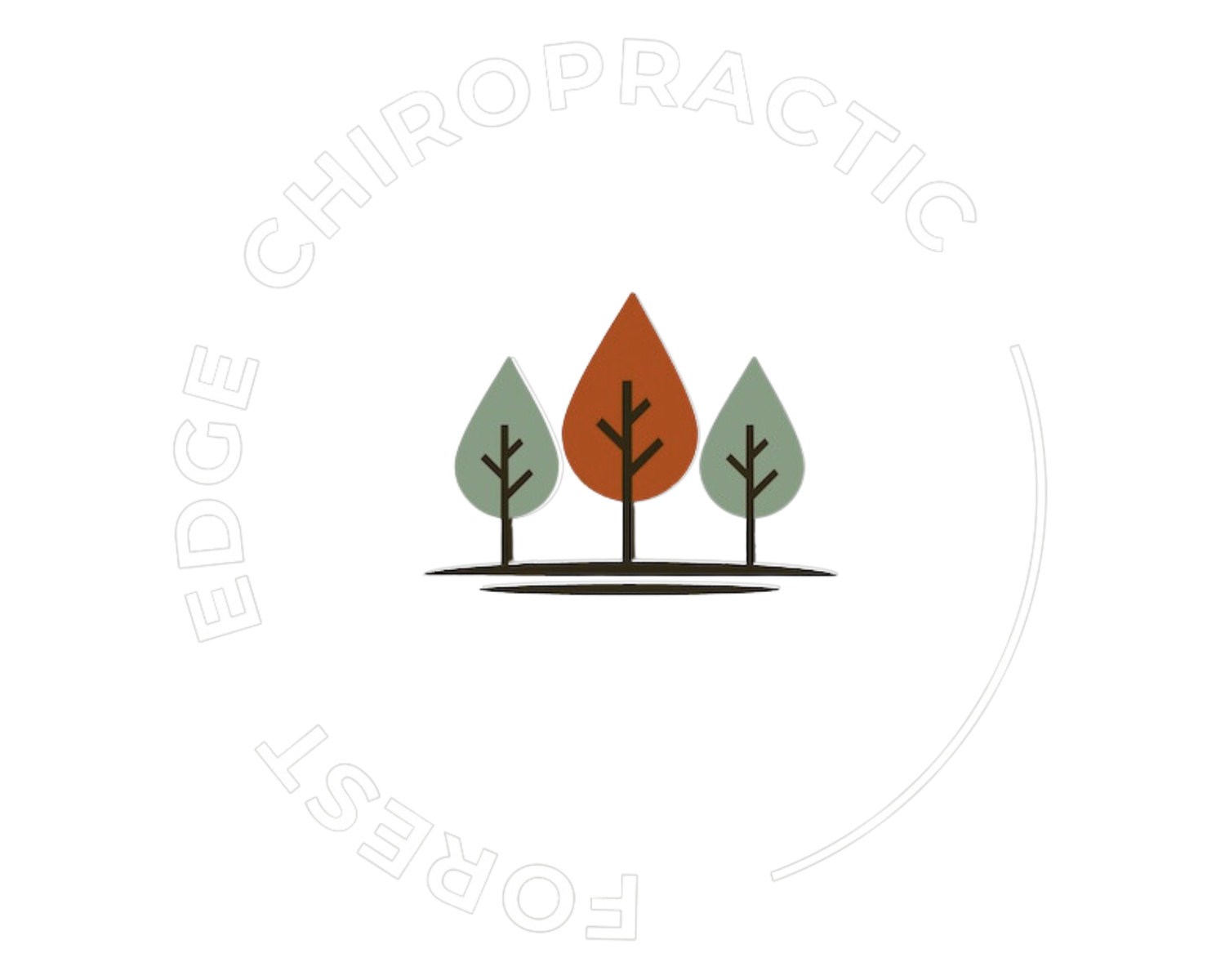Water and the musculoskeletal system
I thought it might be helpful to look at the long term effects of dehydration on the musculoskeletal system and then think about some strategies for increasing your fluid intake during this type of weather. So, grab yourself a glass of water with some ice in, and have a read!
Dehydration is essentially either an inadequate intake of fluids, or an excessive loss of fluids. It can have profound effects on the musculoskeletal system which can be a cause of aches and pains.
Muscle Performance and Cramping
One of the primary effects of dehydration on the musculoskeletal system is a decline in muscle performance. Muscles are comprised largely of water, which is essential for muscle cell function, including nutrient transport and waste removal. When the body is dehydrated, the blood volume decreases, leading to reduced blood flow and oxygen delivery to muscles. This impairs muscle function, leading to early fatigue, decreased strength, and diminished endurance.
Dehydration also affects the balance of electrolytes, such as sodium and potassium, which are crucial for muscle contractions. An imbalance can lead to muscle cramps and spasms, commonly experienced during prolonged physical activity or during hot weather.
Joint Health and Lubrication
Joints rely on synovial fluid for lubrication, which works within the joint to reduce friction and allows for smooth, pain-free movement. Dehydration reduces the production of synovial fluid, which can lead to increased friction and wear on joint surfaces. This can cause joint stiffness, pain. Chronic dehydration may exacerbate conditions like osteoarthritis, where joint wear and tear has already taken place.
Connective Tissue and Tendons
Connective tissues, such as tendons and ligaments, also suffer from dehydration. These tissues need regular fluid intake to maintain their elasticity and strength. Dehydrated connective tissues can become less elastic and prone to injuries such as tears and sprains.
Bone Health
Although bones are rigid structures, they contain about 31% water by weight. Dehydration can impact bone health by reducing the efficiency of the metabolic processes involved in bone remodelling and repair. Chronic dehydration (over a long period of time) can lead to a decrease in bone density over time, which can increase the risk of fractures.
Preventive Measures
To mitigate the effects of dehydration on the musculoskeletal system, it is important to maintain adequate hydration. We should be aiming to drink between 1.5 and 2.5 litres a day. Remember that by the time you feel thirsty, you are already dehydrated. So try to set good habits rather than relying on what your body might tell you! Some of your water intake can come from fruit and vegetables, but you should aim to drink at least 1.0 litre of fluid each day.
Don’t forget that in hot weather, sweating significantly increases your water requirements. It is recommended that our daily water intake should be increased by about 30% when temperatures are over 25 degrees. That means you should aim for between 2.5 and 3.5 litres each day. This should be more if you are working or exercising outside.
Strategies which have been shown to help increase water intake generally, but also during hot weather, include:
1. Having pre-filled bottles of cold water in the fridge, ready to drink.
2. Put a 500ml bottle of water next to your bed when you go to sleep. When you get up, drink half of it immediately and the second half 5 minutes later.
3. Little and often is the most effective for your body. Aim for 250ml every hour, starting as soon as you get up in the morning.
4. Aim to drink most of your daily fluid intake before 4pm each day. Much later than that, and you’ll probably find your sleep is interrupted by trips to the loo….!
5. Make a drink of water more interesting – get a tall glass, fill it with ice cubes and a slice of lemon and then fill up with water. It feels a bit like a proper drink! (OK, it’s not a G&T, but definitely more interesting than plain water!).
Conclusion
So we can see that long-term dehydration can significantly impact the musculoskeletal system, affecting muscle performance, joint lubrication, connective tissue integrity, and bone health. And these effects are worsened in hot weather. Make an effort to drink a bit more water each day, and see how your body responds!
References:
Journal of Athletic Training. (2017). Effects of Hydration on Muscle Cramping.
American Journal of Sports Medicine. (2019). Hydration and Tendon Health.
Osteoporosis International. (2018). Dehydration and Bone Mineral Density.
Military Medicine. (1999). Fluid Replacement Recommendations for Training in Hot Weather.
